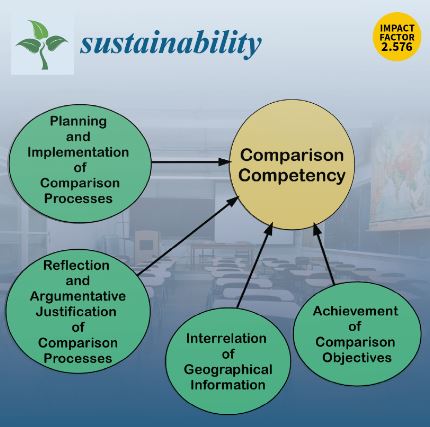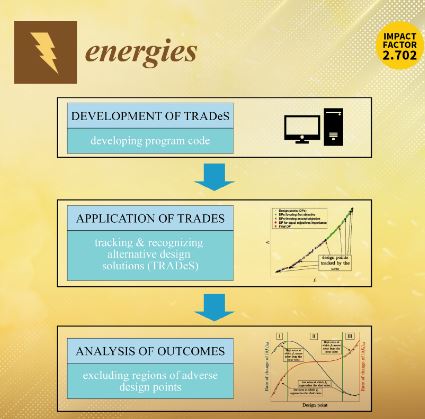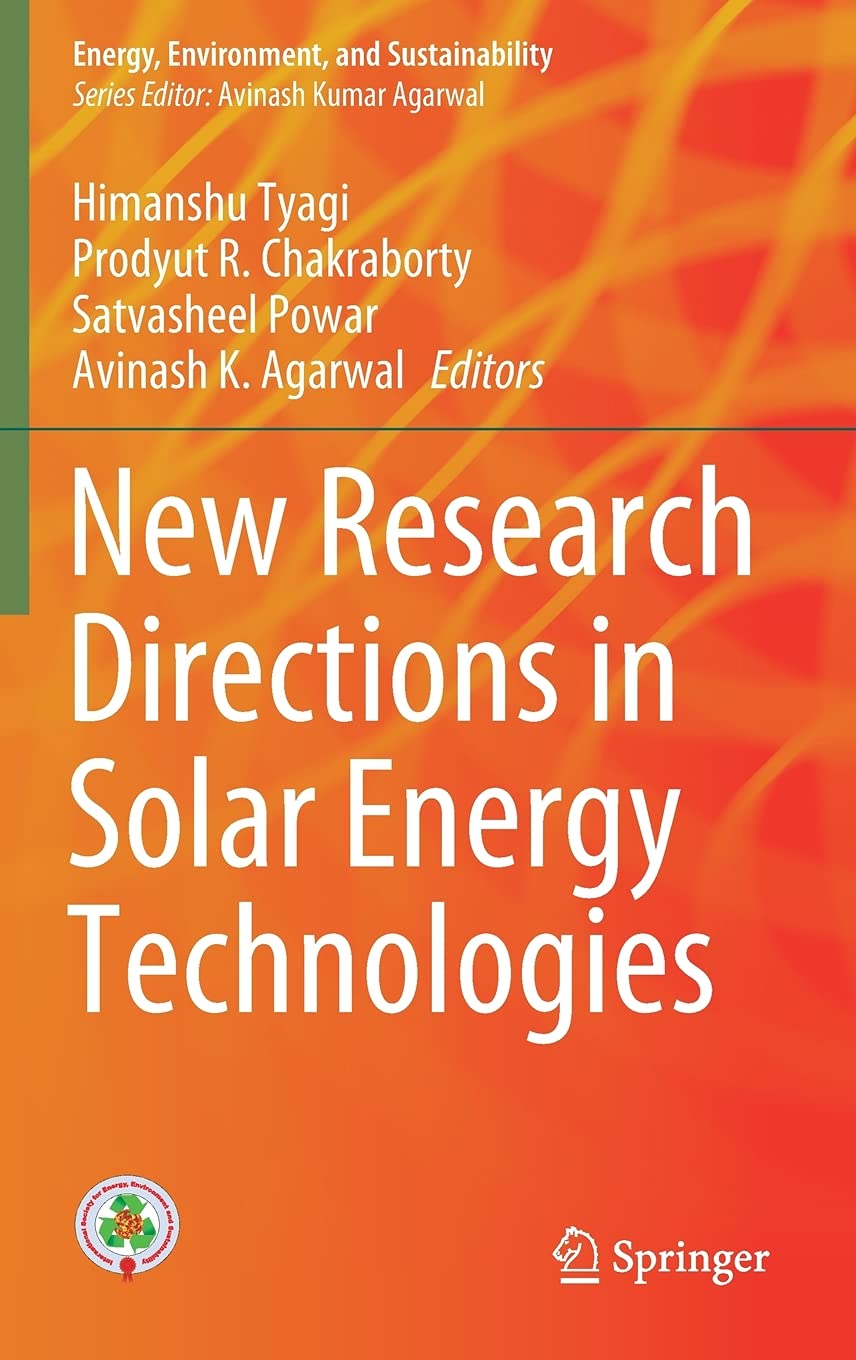Knowledge Hub

Design and Development of Hybrid Controller for Z Source Inverter an Application to Electric Vehicle
2020
Author(s): Kumar A A
The development of automobiles with heat engines is one of the greatest achievements of 20th century and marvel of modern technology. However, the highly developed automotive industry and the large number of automobiles in use around the world have caused and are still causing serious health and environmental problems for society and human life.

Toward the Dynamic Modeling of Transition Problems: The Case of Electric Mobility
2021
Author(s): Zolfagharian M, Walrave B, Romme AGL, Raven R
Transportation systems are transitioning to e-mobility, but scholars and policymakers are struggling to understand how to accomplish this transition effectively. In this article, the authors studied the ongoing e-mobility transition in the Netherlands using an entity-based SD model.
Optimal Fast Charging Station Locations for Electric Ridesharing With Vehicle-Charging Station Assignment
2021
Author(s): Ma T-Y, Xie S
Electrifying shared vehicle fleets has become increasingly popular due to the benefits of the zero-emission nature of battery electric vehicles and lower per-mile operating costs.

Electric Mobility in Cities: The Case of Vienna
2021
Author(s): Ajanovic A, Siebenhofer M, Haas R
The core objective of this paper is to analyze the economics of e-mobility in the Austrian capital of Vienna and the corresponding impact on the environment.

Solar-Based Electric Vehicle Charging Stations in India: A Perspective
2021
Author(s): Kumar R, Bharj RS, Bharj J, Singh GN, Sharma M
This chapter presents a detailed review of EV charging systems and solar-based EV charging systems, infrastructure, methodology, and their implementation in India.

Analyzing the Impact of Roadmap and Vehicle Features on Electric Vehicles Energy Consumption
2021
Author(s): Sanguesa JA, Garrido P, Martinez FJ, Marquez-Barja JM
In the vehicular field, researchers frequently use simulators to validate their proposals before implementing them in real world, while reducing costs and time. In this work, the authors use ns-3 network simulator enhanced version to demonstrate the influence of the map layout and the vehicle features on the EVs consumption.
Prospects for the Development of Electric Vehicle Charging Infrastructure in Poland in the Light of the Regulations in Force
2021
Author(s): Sendek-Matysiak E, Pyza D
The purpose of this article is to indicate in which, specifically, municipalities, according to the act, electric vehicles charging outlets are to be located.
On the Sustainability of Electric Vehicles: What About Their Impacts on Land Use?
2021
Author(s): Orsi F
This study aims to start a discussion on the topic by exploring three relevant issues: the impact of EVs’ operating costs on urban size, the space requirements of charging facilities, the land demand of energy production through renewables.
Development and Evaluation of a Smart Charging Strategy for an Electric Vehicle Fleet Based on Reinforcement Learning
2021
Author(s): Tuchnitz F, Ebell N, Schlund J, Pruckner M
In this paper, the authors propose a charging coordination system based on Reinforcement Learning using an artificial neural network as a function approximator.
This report evaluates policies for transitioning to clean vehicles and clean energy for road transport. The review includes measures that can help to scale up the transition quickly and instruments to manage it.



